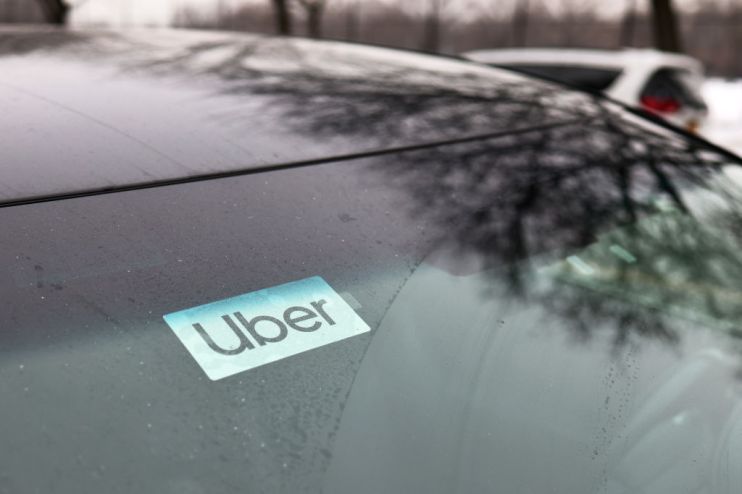Uber books $600m hit from UK drivers’ rights ruling

Uber has booked a $600m (£431m) hit following a landmark court ruling that forced the ride-hailing giant to pay its drivers minimum wage and holiday pay.
The San Francisco-based app last night said it had incurred the costs to settle historical claims relating to the classification of drivers as workers during the first quarter.
In March Uber agreed to give its 70,000 UK drivers holiday pay and pensions after the Supreme Court ruled they should be classed as employees rather than self-employed.
But the $600m hit relates only to historical claims, with further costs expected as it implements the changes.
It will also fuel concerns of similar efforts by drivers to secure workers’ rights in its main market of the US.
“Uber remains under pressure from the new US administration which wants gig workers classified as employees,” said Lee Wild, head of equity strategy at Interactive Investor.
“The outcome of this row over worker status could remain an overhang for Uber until a resolution is achieved.”
It came as Uber narrowed its losses in the first quarter as surging demand for its food delivery service helped to offset continued stagnation in bookings.
Uber reported an adjusted $359m loss before interest, taxes, depreciation and amortisation in the period, narrowing losses by nearly $100m from the previous quarter. Analysts had expected adjusted EBITDA loss of around $452m, according to Refinitiv figures.
Ride-hail gross bookings remained largely flat from the last quarter and down 38 per cent on the previous year. Its delivery bookings by contrast soared 166 per cent year-on-year to $12.5bn.
“With Uber having used the pandemic to deepen its meal delivery business, the company now stands on a stronger, more diversified financial platform than before, giving it an edge in investor confidence that is already factored into the stock price as of late 2020,” said James McQuivey, vice president and principal analyst at Forrester.
“Even though the pandemic appears to be receding, there are still clouds hanging over the category, however, as progressive politicians push to classify so-called gig workers like these drivers as full-time employees, which would effectively remove the efficiencies that make this category so competitive and ultimately useful to customers.”